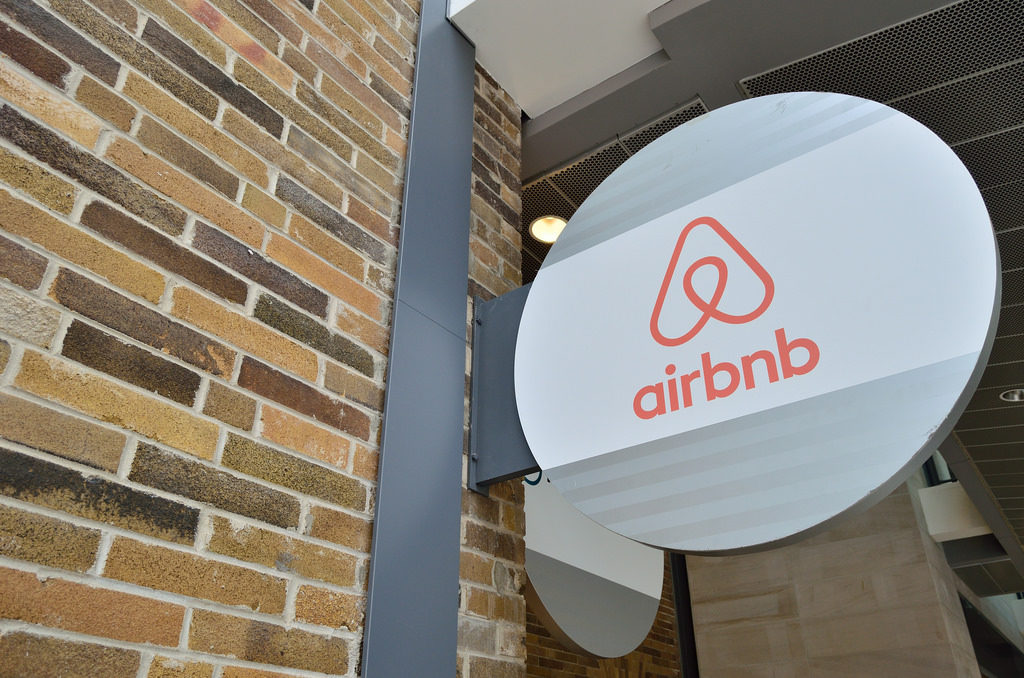By Cole Albert, news correspondent
As home-sharing companies like Airbnb have become more popular in Boston, Mayor Martin J. Walsh recently signed an ordinance to regulate the growing industry. The proposed measures would capitalize on this growth while increasing safety for occupants.
The ordinance, signed Jan. 22, introduces a three-part system of categorizing short-term rental units, with certain standards and yearly fees applied to each.
Under the ordinance, landlords with properties categorized as limited share units must also live in the unit and pay a $25 fee yearly. These rentals consist of a private bedroom or space within the unit.
An entire residence falls under the category of home share unit, for which landlords would pay a $100 fee. But if the unit is not occupied by the landlord, it becomes an investor unit, and the fee jumps to $500.
“Preserving Boston’s affordability is key to keeping our communities stable and ensuring every person and family who wants to live here can do so,” Walsh wrote in a press release.
The problem posed by growth in short-term rentals is that when affordable units are perpetually occupied by tenants who are just visiting, there are fewer options for long-term residents.
According to a 2016 UMass Boston study, increasing Airbnb listings over a six-month period correlated with a 0.4 percent climb in rent prices. This trend runs contrary to Walsh’s Imagine Boston 2030 plan, which aims to preserve affordable housing and increase availability overall.
While Walsh’s ordinance requires city councilors to consider the proposal in the coming weeks, this is not the first time lawmakers have tried to tackle the issue. State senators have attempted on two occasions to pass measures extending the lodging tax to home-sharing apps: once as part of an economic development bill in 2016 and again as part of the 2018 fiscal budget.
State Senate President Stan Rosenberg, who represents Worcester County, stressed that the issue is urgent beyond the city of Boston.
“The state government should take action in this policy area soon,” Rosenberg said. “When we do, we should create an approach that sets broad policy, providing a lot of flexibility for communities to regulate in this area consistent with their own circumstances.”
According to state representative and Northeastern alumnus Aaron Michlewitz, the ordinance includes elements of Senate proposals that may pass at the state level in the coming months.
“Not all short term rentals are the same type of business model,” said Michlewitz, who approves of a system similar to Walsh’s. “It has certainly had an impact on the housing market, particularly the downtown neighborhoods that I represent … hopefully some regulations surrounding this will alleviate it.”
Michlewitz cited the political landscape of an election year as a possible reason the ordinance was not introduced sooner, and while he believes that it will result in more housing availability, he said many Boston communities have already been disrupted.
“[Fenway] and Chinatown are two areas that have really been hit hard,” said Kathy Brown, executive director of the Boston Tenant Coalition, or BTC.
The BTC is a coalition of neighborhood groups and community developers with the goal of promoting tenant rights, especially those of Boston’s low-income populations. After speaking with a wide range of residents, Brown realized that regulations were needed urgently if the trend is to be reversed.
“We’ve lost a lot of apartments to Airbnb and short term rentals,” she said. “Like, whole buildings.”









